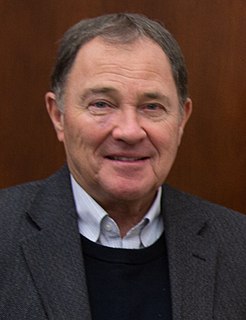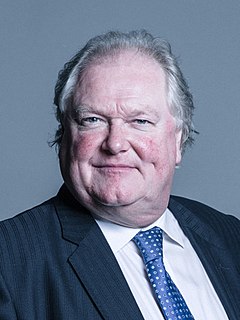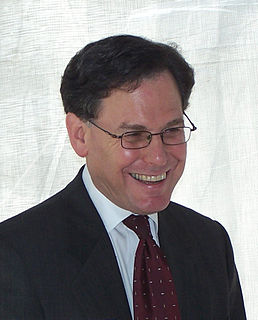A Quote by Lawrence Wright
Religions prosper in large part because of the communities that they create.
Quote Topics
Related Quotes
Those of us that get to a certain level, we have to start giving back to our communities, giving information it's something that you have to do. It's either realize that you're a great individual by nature and move towards that or just accept the white man telling you: 'you're never going to prosper, this world isn't meant for you to prosper, we have privilege, you don't, that's it.'
We also know that the various faith-based institutions provide about 50 per cent of the health and education services in the poor communities; we also know that they have a large constituency including women and youth; they have outreach and networks and they are credible to their people. If we want to achieve the Millennium Development Foals by scaling up the responses of all the communities, do we ignore this large investment in people? Or do we engage in dialogue and in action?
Seasteads are a technology for anybody to form an alternative community based on their unique values - for communities to organize themselves however they want. Seasteads are their chance to demonstrate their vision can work. All that matters is that people can create, join, and leave seasteads voluntarily. As long as people can choose among seasteads, the best ways of living together will prosper, and the ones that people don't like will fail.
Human beings need community. If there are no communities available for constructive ends, there will be destructive, murderous communities... Only the social sector, that is, the nongovernmental, nonprofit organization, can create what we now need, communities for citizens... What the dawning 21st century needs above all is equally explosive growth of the nonprofit social sector in building communities in the newly dominant social environment, the city.



































